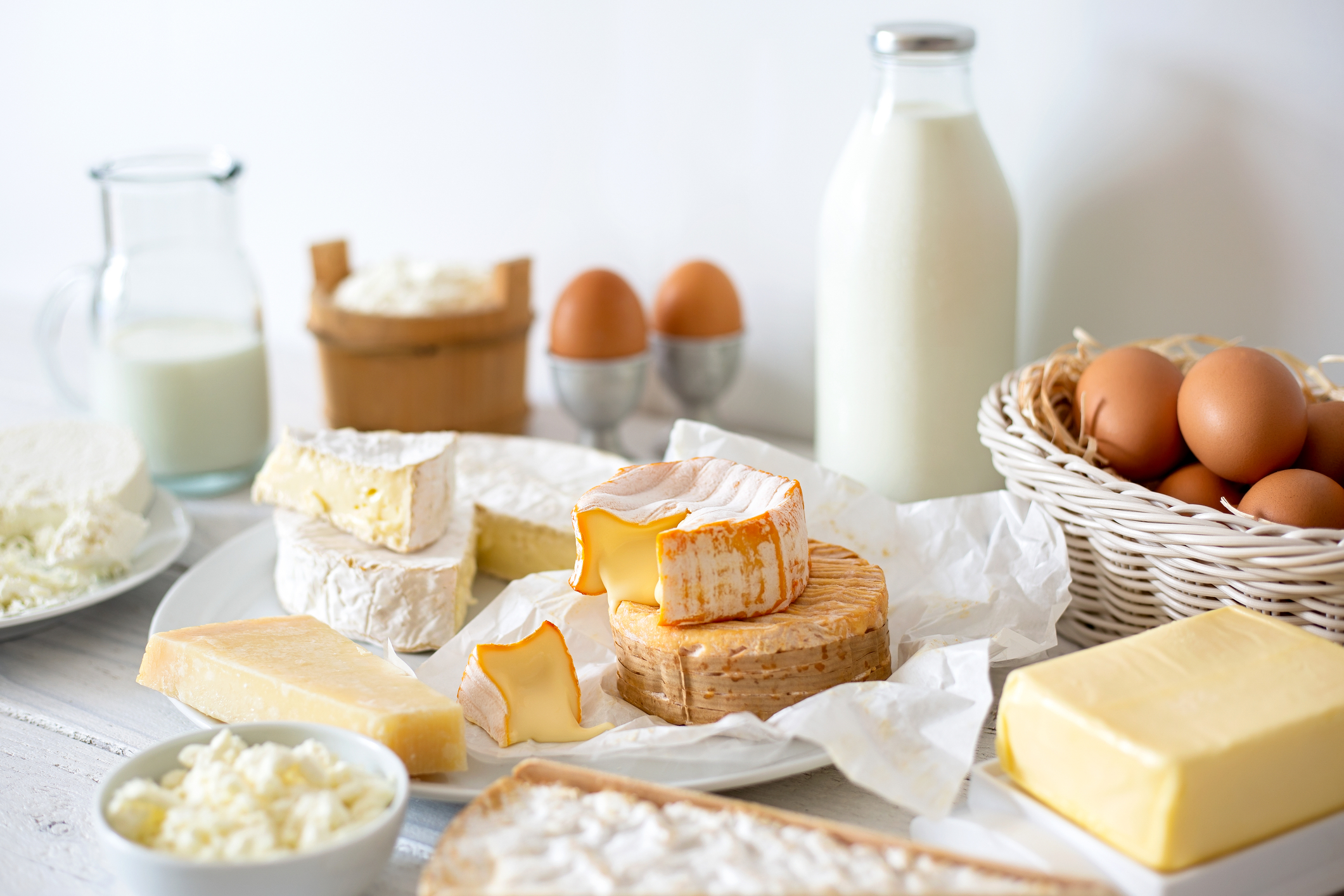Shattering Creamy Illusions: Five Myths About Dairy-Free Diets Busted
One common myth surrounding dairy-free diets is the notion that they lack necessary nutrients, particularly calcium and vitamin D, which are essential for bone health. However, such a claim is misleading. There are plenty of non-dairy alternatives rich in these vital minerals and vitamins. Vegetables such as broccoli, kale, and spinach are high in calcium, while fortified oat, almond, and soy milk offer ample vitamin D.
Consuming a varied diet that includes such foods can easily meet the recommended daily intake. Incorporating seeds like chia, sesame, and flax, which have high calcium and vitamin D content, can also boost nutrient levels. Supplements can fill any potential deficiency gaps, but it is crucial to consult with a health professional before starting any supplement regime.
Dairy-Free Equals Healthy

Dairy substitutes are not necessarily healthier than their dairy counterparts, debunking another common myth. While some dairy-free alternatives may have less saturated fat, they often contain added sugars, coloring, and other additives to compensate for taste and texture.
It's crucial to read product labels and watch out for hidden sugars and other unhealthy additives. Opt for organic or minimally-processed plant-based milk and cheese. When feasible, making homemade dairy substitutes allows control over ingredients, ensuring one's diet is truly healthy.